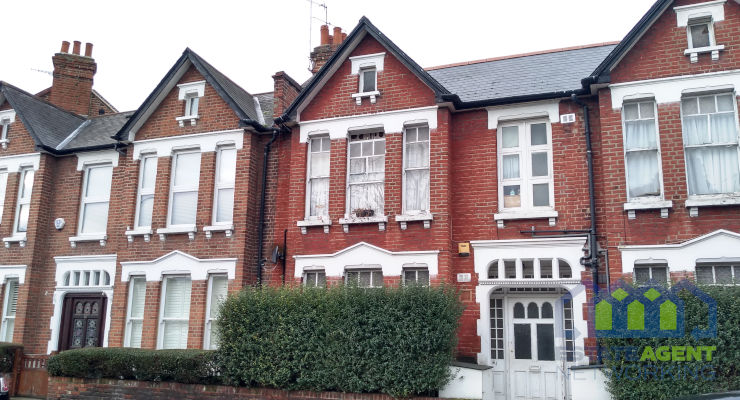Deposit replacement launches to help tenants tackle rental cash flow for less than a monthly Netflix subscription
With the rental sector now facing unprecedented challenges such as legislative changes, the growing pandemic and increasing competition, Hamilton Fraser’s deposit replacement scheme, Ome, has picked up the pace in order to launch as planned; helping to provide the nation’s tenants with an alternative method of securing a rental property at a much lower cost.
The housing market is evolving. Renting for many is becoming a lifestyle choice rather than a necessity. It is this positive attitude shift that opens up a number of different, and practical, avenues for the modern renter, and their landlords, as a long term viable alternative to homeownership.
Despite this, whether you buy or rent a property, the financial entries to the housing market are often substantial. Whilst much good work has been done to reduce the costs of renting, the fact remains that it can cost upwards of 10 weeks rent for a new tenant to move into a new property; one months’ upfront rent, five weeks’ rent worth of deposit plus any moving costs and bills. For most tenants, financial liquidity, choice and transparency are key to good rental wellbeing.
In response, Hamilton Fraser has today launched its latest brand, Ome. Ome aims to offer tenancy deposit choice via its Deposit Replacement Membership – a monthly subscription-style service for tenants which allows them to rent a home without a physical deposit whilst also protecting a landlord’s need for financial security. Ome’s core mission is to help raise industry standards by introducing greater choice for renters based on their individual preferences.
Ome’s promise is to provide a supportive solution for those seeking a replacement to a traditional cash deposit that can adapt to a tenant’s individual circumstances and maintain their cash flow at the start, and crucially at the end of the tenancy, where traditional deposit-taking often creates the temporary need for two deposits.
Based on data from Ome’s sister company, mydeposits, the average deposit paid by tenants over the last year sits at £1,299. With the average net monthly wage currently £2,059, this requires the average tenant to fork out 55% of their monthly wage just to put down a rental deposit; climbing to 69% for those receiving just 80% of their pay.
Tenant benefits
Instead of paying a traditionally high upfront deposit or fee, Ome will enable some 86% of tenants to pay less than £9 per month with a small one-off £30 account set up cost to get the ball rolling. Tenants are always responsible for any damages to the property and payment of rent and bills, and if this issue arises, they can deal directly with their landlord via an intuitive app with the support of a world-class resolution team from Hamilton Fraser who operates the Property Redress Scheme and the mydeposits tenancy deposit scheme.
Landlord benefits
Where tenants opt for Ome’s Deposit Replacement Membership landlords and agents will benefit from reduced expenditure on deposit protection fees and substantially lower risk of deposit-related fines as no deposit money will have been exchanged.
Agent benefits
Ome will also be launching a full suite of APIs shortly after launch that will allow larger agencies, digital-first platforms and property management software providers to seamlessly automate the journey for their landlords and tenants – with a handful of early candidates already lined up.
Ome aims to address the cash flow issue that many tenants face in the same way we opt to pay for a whole host of other products and services on a monthly basis with a small manageable fee; an option that is needed now more than ever.









